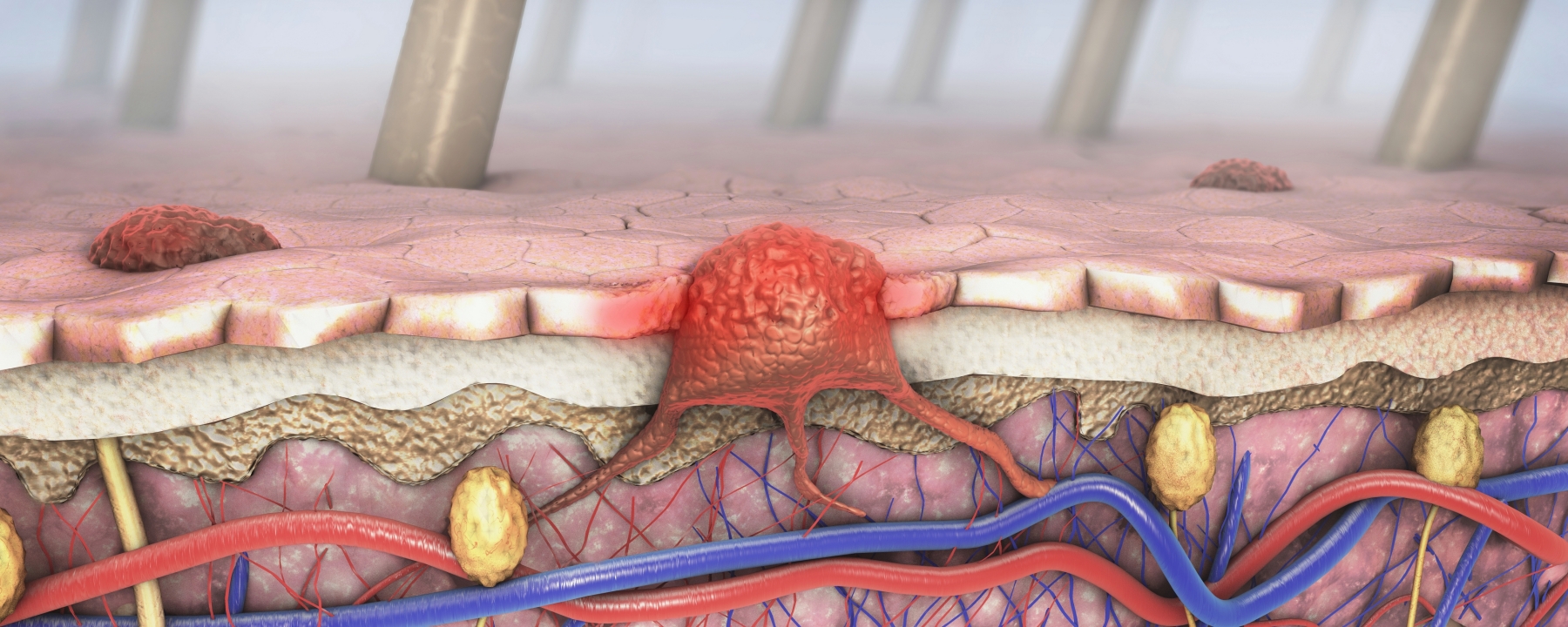
Hair and scalp
Sensitive scalp
The scalp is barely visible, but it can be very sensitive and requires care. We need strong and healthy skin, a well-functioning skin barrier, especially on our heads.
We have already written several times in our Personal Care pages about the various functions our skin performs. The scalp also performs these functions. It also protects us as an outer covering and regulates the body's temperature, among other things. Compared to the other skin surfaces, however, the scalp is the base and support for many more hairs. Perhaps that’s also why it’s sometimes a bit neglected in hair and skin care. It is simply unseen. Exceptions to this are, of course, those of us who are bald, who have lost their luscious hair, either willingly or unwillingly, trying to be trendy, having a genetic predisposition or maybe due to illness.
Many people only start worrying about proper care when they start feeling their scalp beginning to burn, itch or if it’s flaking. Apart from the unpleasant feeling of an itchy scalp with the constant urge to scratch it, most people just find it unpleasant to have the small, often white bits of dandruff scattered over their clothes. On a dark blazer or shirt, something horrible you want to quickly get rid of. A healthy scalp is also important for the condition and appearance of our hair. Which brings us back once again to the significance and importance of hair: Hair plays a particularly important role in our sense of well-being and self-confidence.
The scalp, even though in most cases it is hidden under the hair and all the fancy hairstyles, is one thing above all else: sensitive. And there are many factors that can adversely affect scalp health:
- Hormonal changes
- Cold
- Heat from a hair dryer or curling iron
- Dry air (e.g. from heating)
- General pollution
- Malnutrition
- Stress
- Inappropriate choice of shampoos
- Too frequent washing
- Parasites (e.g. lice and fleas)
- UV light
- Skin fungus
Redness, itching, dehydration and flaking can develop and be very unpleasant.
Speaking of sensitive scalps: How are these classifications defined or how can they be classified? This is actually rather difficult, as they merely describe sensations that can have totally different levels of intensity.
Everyone is likely to experience feelings of tightness, burning, tingling or itching to a different degree because everyone has a different skin type or different level of sensitivity. Therefore, the term “sensitive skin” is more of an umbrella description for unpleasant sensations of varying intensity. And when these sensations are accompanied by temporary redness or dryness of the skin, they can lead to significant problems.
Microbiome plays a key role
Dandruff is definitely a complaint or unpleasantness associated with a sensitive scalp. However, we should mention that dandruff is not part of any type of disease, but a completely normal process of cell renewal. When the scalp is healthy, the tiny pieces of skin aren’t even noticeable. However, if something is not working properly, the volume increases dramatically and it becomes visible. It doesn't matter whether the scalp is dry or greasy — dandruff can occur in both cases. To take proper care of it, make sure you use products that are suitable for your scalp's skin type and the problem you're experiencing.
Our microbiome plays a key role in maintaining a healthy scalp. This consists of millions of micro-organisms that live on our skin – a symbiosis from which we benefit greatly. For one thing, the microbiome turns the skin into a protective layer for the body. The human skin is so much more than just the outer covering of the body. Not only is it completely renewed every four weeks, it is also the interface between the organism and the external world. Most of us have seen how the outside world can affect our skin (e.g. sunburn, dry skin in winter), and it can also affect the composition of the micro-organisms that live on the skin. And the skin microbiome plays an important role in healing wounds, cell renewal and our skin's immune defense. Each person has their own, typical microbiome—it’s like an ID card or fingerprint. The composition of the microflora is constantly renewed, even if foreign microorganisms are added.
Psychological stress can be the cause
Skin diseases
The skin is very resilient. Its different layers not only protect the body, but also itself. Even so, we can still get skin disorders and conditions. There are many causes and triggers.
More informationA very common problem that is not only physically but also cosmetically very unpleasant is psoriasis. It can produce heavily reddened and flaking skin on areas such as elbows or knees, and also particularly on the scalp.
Psoriasis vulgaris, its proper name, is primarily a genetic disease of the skin, which causes an increased thickening of the skin. Basic hair and skin care is important to alleviate the associated inflammation processes. In addition, chemical substances such as dyes and tints should be avoided, to avoid irritating the scalp any further. Drying or washing your hair with excessive heat causes additional stress on the skin. The same goes for hairspray. Comb and brush your hair gently and not too roughly.
Important to know: Psoriasis and its causes have nothing to do with poor hygiene. So it is not the fault of those affected by this unpleasant condition, though they may appear not to be taking care of themselves properly. People who are affected suffer not only from the physical discomfort of this condition; especially mentally as well, psoriasis is an enormous burden. Even without psoriasis: psychological stress generally can cause an itchy scalp.
Frequently wearing a helmet or tight-fitting head covering is not particularly conducive to maintaining the condition of the scalp or hair. A change to the microbiome can, for example, lead to fungal infections and inflammations of the scalp. In any case, be sure to keep your scalp dry at all times – much as you would the space between your fingers and toes.
In future, don't just think about your hair. Also give your scalp the attention it needs and deserves. Your appearance will thank you.

